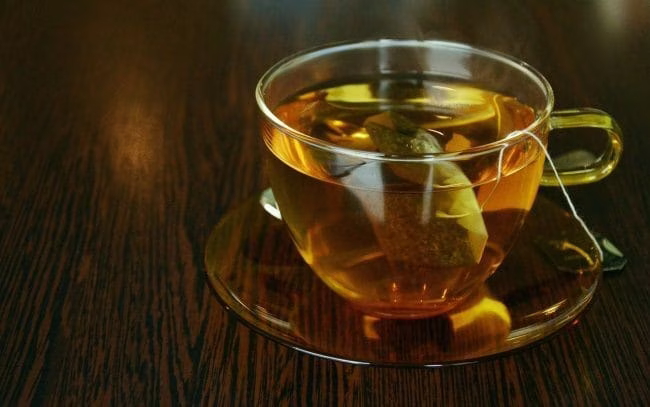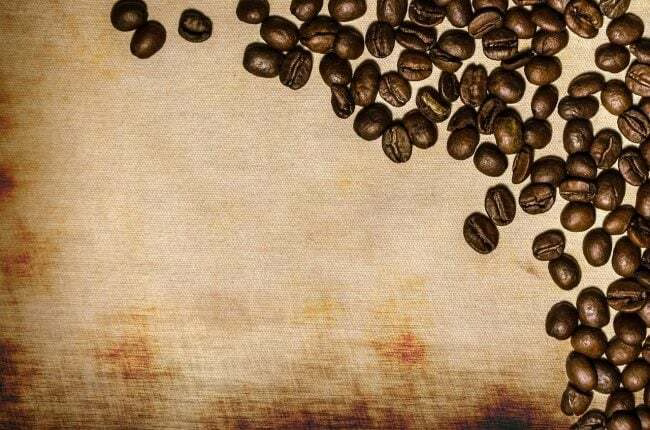The Problem With Extracted Versions of Things

It seems like there’s a pattern when it comes to telling the difference between healthy and unhealthy things. It’s something like:
Extracted versions of healthy things tend to be unhealthy.
There are countless examples.
Corn vs. Corn Syrup
Sex vs. Porn
Social Approval vs. Social Media
Public News Channels vs. News Entertainment
Books vs. Reddit
Vegetables vs. Refined Sugar
Another thing these have in common—beyond just reduction—is speed. Natural versions of things tend to be slow, while modern and extracted versions tend to be fast.
For food this stuff is pretty straightforward. And there’s even a metric that tracks pretty well to natural and healthy foods vs. modern and unhealthy alternatives: the Glycemic Index.
These thoughts are what happens when you read meditation and health food reading at the same time.
The body has a speed at which it prefers to absorb sugar, which has been imprinted over tens of thousands of years.
But what about meaning and happiness? It seems to have a similar mechanism.

Maybe this is why so many people enjoy slowly and manually cooking their own food—in their own kitchen—rather than microwaving something or eating out. Sure, you can make higher quality food if you do it yourself, but there is something about the elongated process that enhances it as well.
Maybe you’ve heard of the weird San Francisco types getting into Dopamine Fasting >. That sounds familiar.
Many studies show that if you remove sugar from your diet you quickly see the nuance in foods that are less sweet, and come to enjoy them more.
They’re basically trying to reduce the amount of pleasure/stimulus they take in, and reduce the speed with which they absorb it. All so that they can better enjoy the inputs they do receive.
It seems the underlying theme here is not really dilution vs. extract, or slow vs. fast—but some combination of the two. Or rather that those tend to pair with each other.

So what’s a practical takeaway from this—assuming it’s true? Maybe it’s something like:
With food, mostly eat things that are less sweet and that take more time to digest
With inputs, mostly consume things that are in-depth and slow-building, where the wisdom seeps in vs. being delivered as a pill
With happiness, work towards long-term goals that trickle in the rewards over years and decades, in small doses, rather than chasing intense short-term milestones
Green salads vs. meat and dessert. Books vs. TV. Practicing an altruistic craft vs. seeking attention on Twitter.
So that brings us to three potential criteria for choosing inputs and pursuits in life.
High in quality
Takes time to create and/or consume
The benefits are spread over time rather than all at once
This seems like an interesting approach to building life systems that generate long-term health and happiness.
Notes
At some point I’d love to assemble a giant collection of examples of diluted/extracted and slow/fast things in the world. Foods, experiences, pursuits, goals, payoffs, etc.